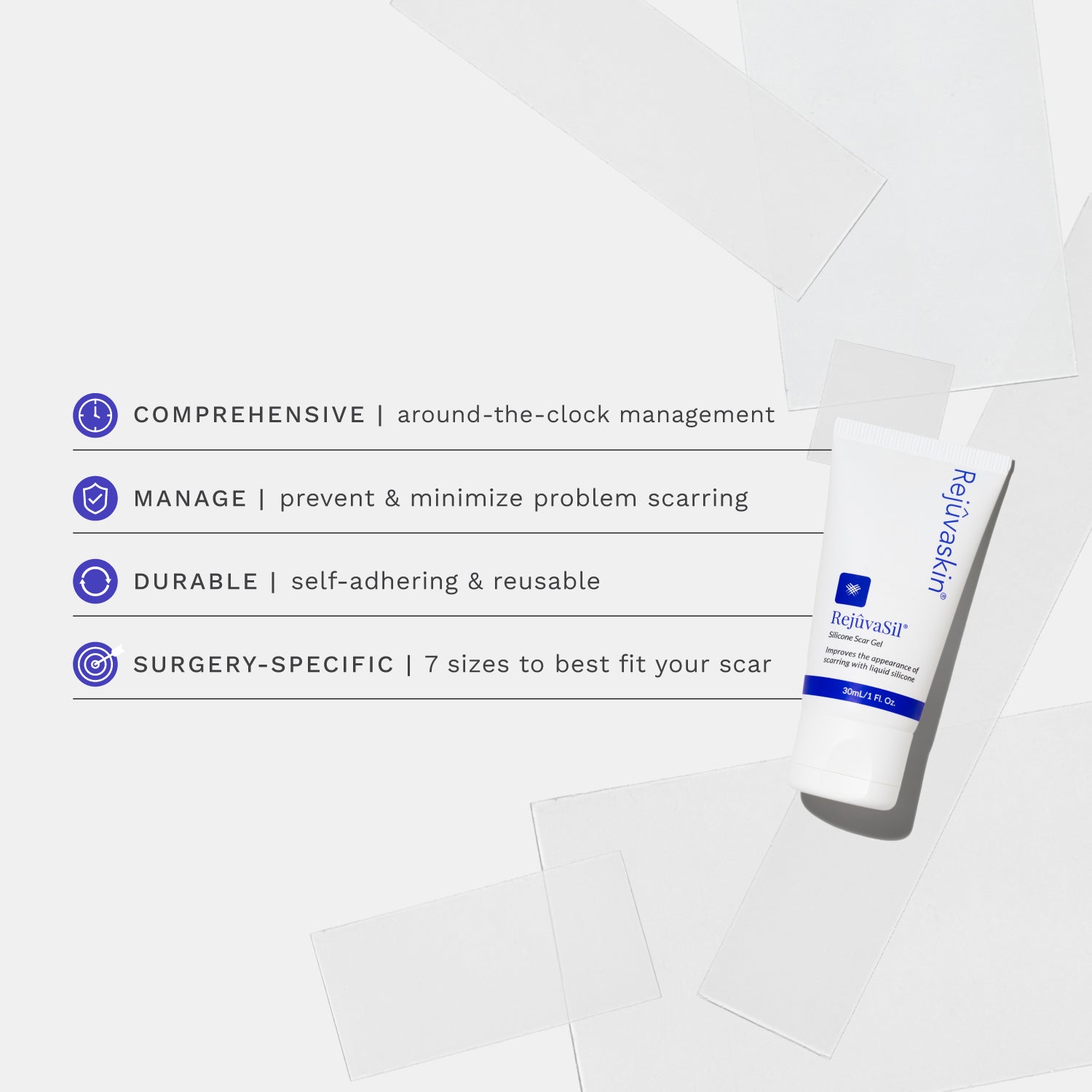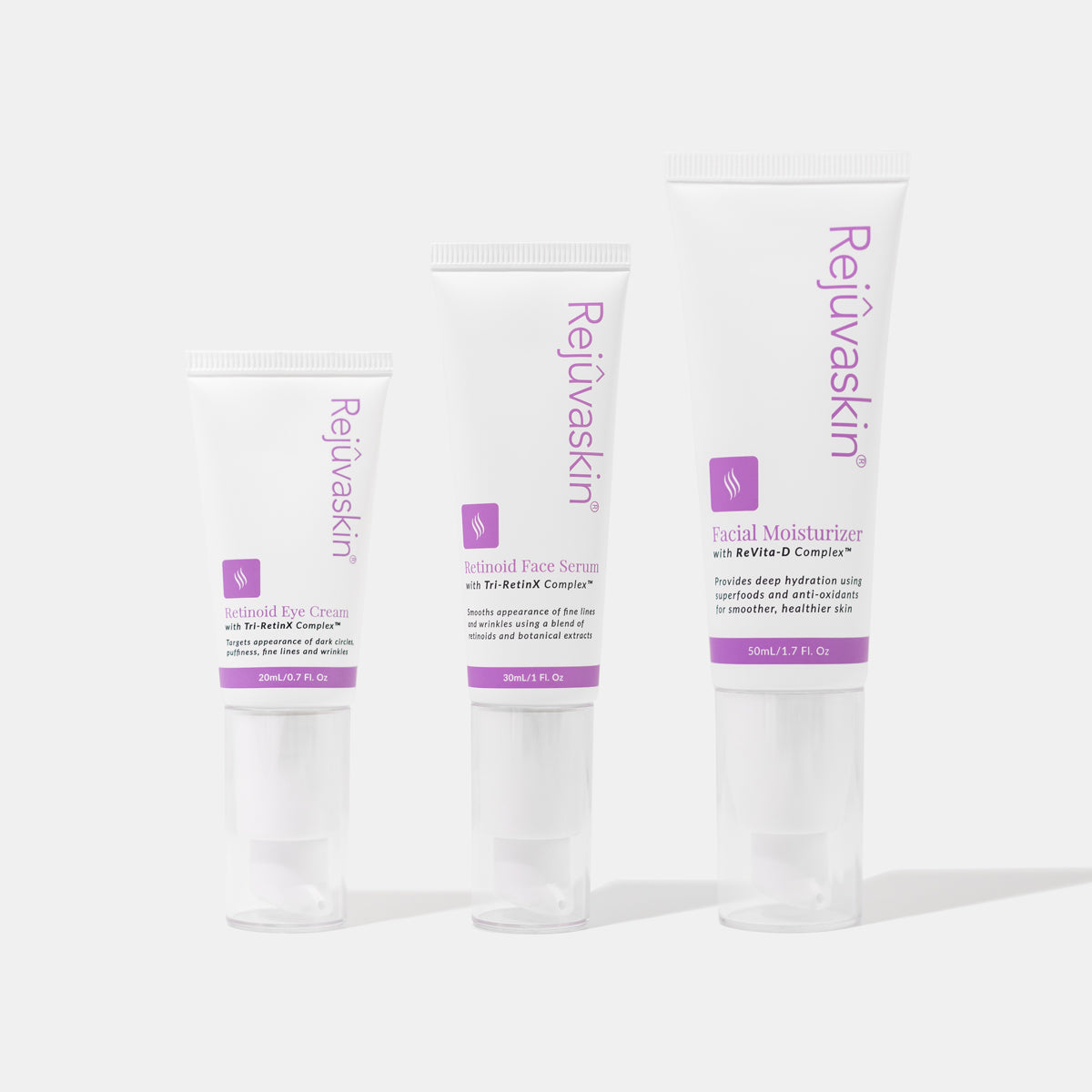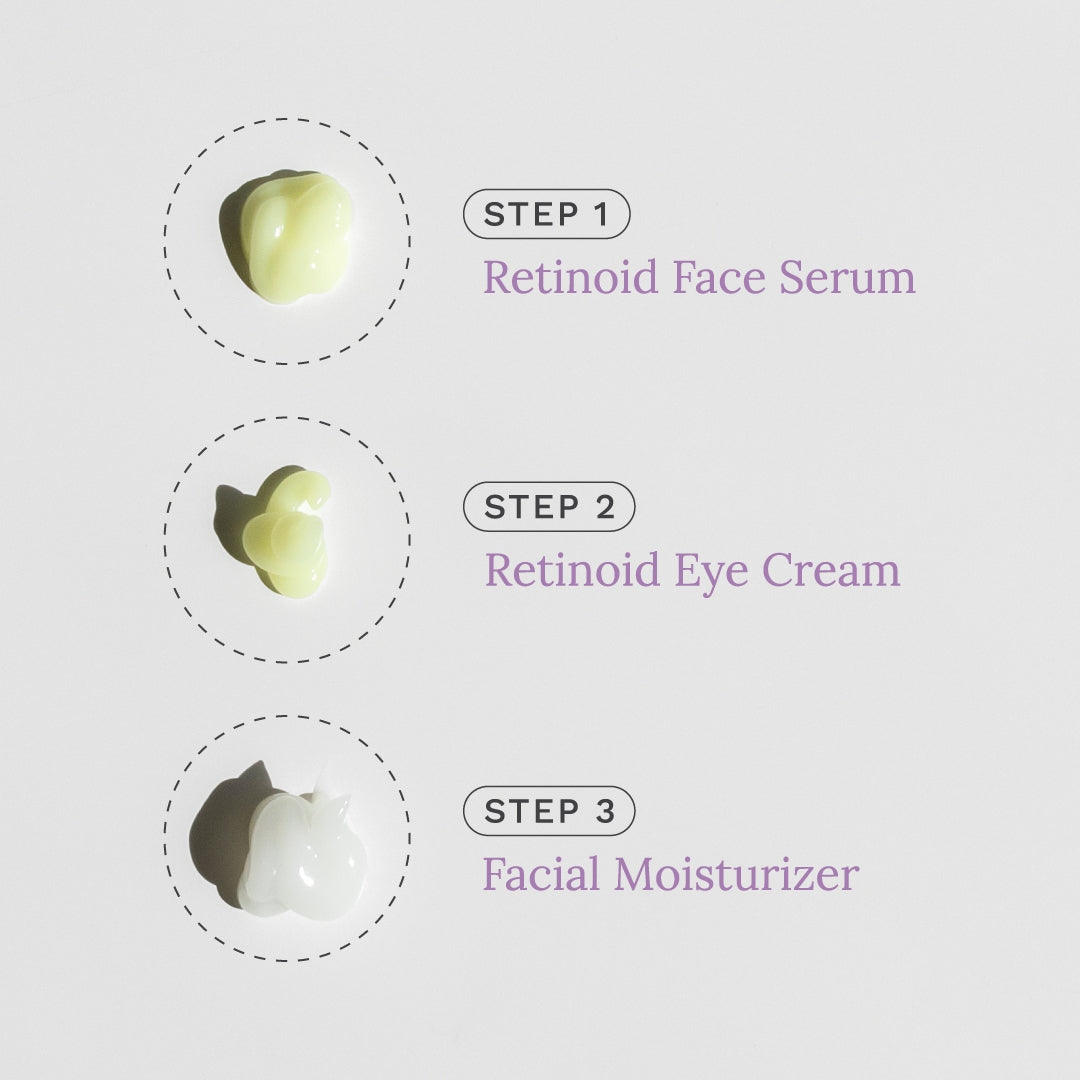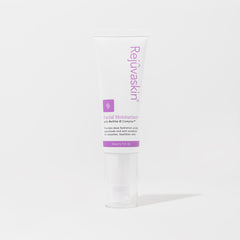Sunscreen is a non-negotiable step in any healthy skincare routine, but not all sunscreens are created equal. The debate between mineral (a.k.a. physical) and chemical sunscreens continues, especially for people with sensitive skin, acne-prone concerns, or a commitment to reef safety. So, how do you choose the right one for your skin, your lifestyle, and your values?
What’s the Real Difference?
Mineral sunscreens use active ingredients like zinc oxide or titanium dioxide to physically block UV rays. They sit on top of the skin and reflect sunlight. Chemical sunscreens, on the other hand, absorb into the skin and convert UV rays into heat that’s then released.
-
Mineral = barrier
-
Chemical = absorber
Skin Sensitivity and Irritation
If your skin tends to flare up or react to new products, mineral sunscreen may be your safest bet. It's less likely to cause irritation because it doesn’t penetrate the skin barrier.
Studies show that mineral filters like zinc oxide and titanium dioxide are well-tolerated, even in people with highly sensitive skin, and are especially useful for those allergic to common chemical UV filters (Maldonado Lopez et al., 2025).
In contrast, chemical filters have been found in systemic circulation after topical use, raising concerns—especially for pregnant or breastfeeding women (Shareef et al., 2022).
Cosmetic Elegance (a.k.a. White Cast)
The biggest complaint about mineral sunscreens? The white cast. Formulas with high zinc oxide content can leave a visible residue, especially on deeper skin tones (Maldonado Lopez et al., 2025). Fortunately, modern advancements, like nanoparticle technology and tinting, have improved the finish of many physical sunscreens without compromising safety (Smijs & Pavel, 2011).
Acne and Breakouts
Zinc oxide and titanium dioxide offer added antimicrobial benefits, which may help reduce acne-causing bacteria (Gomes et al., 2024). This makes mineral sunscreen a great dual-purpose product for acne-prone skin types.
Environmental and Health Safety
Reef safety is a major concern with chemical sunscreens. Ingredients like oxybenzone and octinoxate are linked to coral bleaching, which has led to bans in areas like Hawaii. Mineral sunscreens are generally considered reef-safe and eco-friendly (Thomas et al., 2024).
Rejûvaskin’s Dermatologist-Approved Mineral Sunscreen
If you’re looking for an effective, non-irritating, and elegant mineral option, Rejûvaskin’s Mineral Facial Sunscreen is designed for sensitive skin and everyday wear. With 100% zinc oxide, it's broad-spectrum, water-resistant, and safe for both you and the planet. Plus, it blends seamlessly without leaving a chalky finish.
Whether you're dealing with breakouts, dark spots, or just looking for smarter protection, this sunscreen has your skin’s long-term health in mind.
Which Sunscreen Should You Choose?
-
Go mineral if you have sensitive or acne-prone skin, care about reef safety, or are pregnant/breastfeeding.
-
Go chemical if you want a sheer finish, sweat-proof wear, and are less concerned about ingredients.
Ultimately, the best sunscreen is the one you’ll use every day. Rejûvaskin’s Mineral Sunscreen makes it easy to do just that—without compromising on your health, beauty, or values.
Works Cited
-
Maldonado Lopez, A., Gallagher, E., Curry, A., Sahloff, K. Q., & da Silva Souza, I. D. (2025). A standard scoring method for measuring white cast of mineral sunscreens. Link
-
Smijs, T., & Pavel, S. (2011). Titanium dioxide and zinc oxide nanoparticles in sunscreens. Nanotechnology, Science and Applications. Link.
-
Gomes, M., Lima, F. V., Rosado, C., & Pezzini, B. R. (2024). Potential beneficial effects of mineral sunscreens on acne-prone skin. Link.
-
Shareef, S., Boothby-Shoemaker, W., Abdelnour, A., Albazi, E., & Ashack, K. (2022). Assessing public interest in sunscreen safety during pregnancy and lactation. Link
-
Thomas, T., Fat, M., & Kearns, G. (2024). Sunscreens: potential hazards to environmental and human health. Link.















